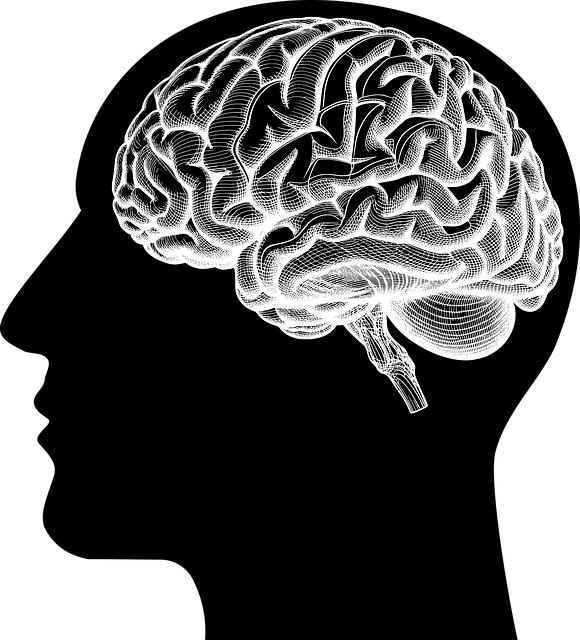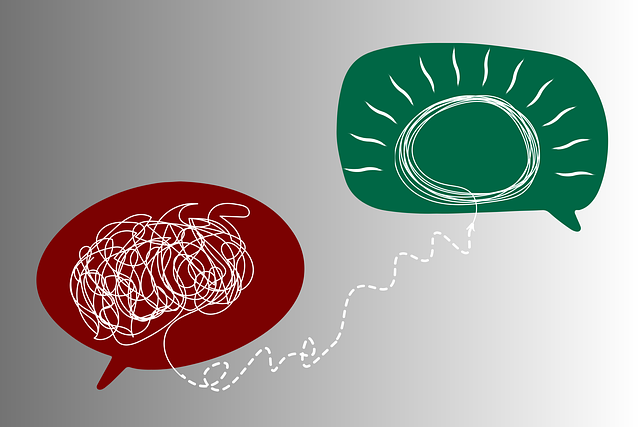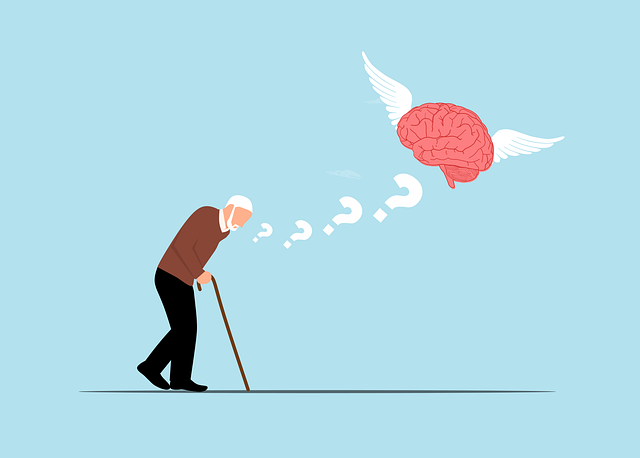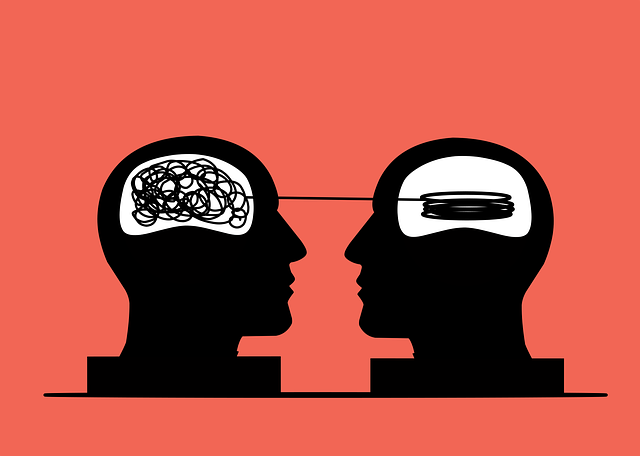Addressing adult sexual addiction is a crucial aspect of mental wellness coaching, given its complex nature and associated stigma. Specialized therapy for adults sexual addiction involves CBT, mindfulness exercises, and stress management to combat internalized shame and isolation. By creating safe spaces and conducting thorough risk assessments, therapists can effectively support clients while preventing burnout. Integrating these approaches leads to improved emotional well-being outcomes, promoting resilience against trauma and depression. Public awareness and mood management techniques further empower individuals in their recovery journeys.
Mental wellness coaching programs are gaining traction as powerful tools for personal growth, especially in addressing unique challenges like adult sexual addiction. This complex issue often carries a heavy stigma, hindering individuals from seeking help. Effective coaching goes beyond traditional therapy by offering a supportive environment to explore underlying issues, develop coping strategies, and foster positive change.
By integrating various therapy approaches tailored to sexual addiction, coaches can guide clients towards recovery and improved mental wellness.
- Understanding Adult Sexual Addiction: Challenges and Stigma
- Designing Effective Mental Wellness Coaching Programs
- Integrating Therapy Approaches for Sexual Addiction in Coaching
Understanding Adult Sexual Addiction: Challenges and Stigma

Understanding adult sexual addiction is crucial within mental wellness coaching programs as it presents unique challenges and carries significant stigma. This complex issue often co-occurs with other mental health conditions, making comprehensive therapy essential. Many individuals struggling with sexual addiction face internalized shame, which can lead to isolation and hinder their willingness to seek help.
Empathy building strategies are vital in therapy for adults with sexual addiction. Mental health professionals must approach this sensitive topic with non-judgmental compassion, fostering a safe space for clients to explore their behaviors without fear of ridicule or consequences. Additionally, burnout prevention techniques should be implemented to support therapists themselves, as the emotional demands of treating such sensitive issues can be taxing. A thorough risk assessment is necessary before engaging in this work, considering the potential impact on both the client and therapist’s well-being.
Designing Effective Mental Wellness Coaching Programs

Designing effective mental wellness coaching programs requires a nuanced approach that caters to diverse individual needs. Coaches should be equipped with evidence-based techniques, such as cognitive-behavioral therapy for adults sexual addiction, to address specific challenges related to trauma support services and depression prevention. Incorporating strategies for emotional well-being promotion is essential in fostering resilience and enhancing overall mental health.
To create impactful programs, consider integrating holistic practices that combine traditional therapy with innovative approaches. Emotional well-being promotion techniques, such as mindfulness exercises and stress management skills, can help individuals navigate their mental health journeys effectively. By tailoring coaching sessions to meet the unique requirements of each client, professionals ensure personalized support, ultimately contributing to improved mental wellness outcomes.
Integrating Therapy Approaches for Sexual Addiction in Coaching

Integrating therapy approaches for adults with sexual addiction into coaching practices is a significant step towards addressing a critical aspect of mental wellness. Many traditional coaching methods may not adequately tackle this sensitive issue, but incorporating evidence-based therapeutic techniques can make a substantial difference. By doing so, coaches can offer comprehensive support, helping individuals understand and manage their addiction while fostering personal growth.
This integration involves employing strategies such as cognitive-behavioral therapy (CBT), which focuses on identifying and modifying harmful thought patterns and behaviors related to sexual addiction. Additionally, empathy-building strategies are essential tools in coaching, allowing professionals to create a safe space for clients to express their struggles openly. Public awareness campaigns development and promoting mood management techniques can further empower individuals to take control of their recovery journey, ensuring they receive the necessary support tailored to their unique needs.
Mental wellness coaching programs that effectively address adult sexual addiction require a multifaceted approach. By integrating diverse therapy techniques, coaches can create supportive environments that challenge stigmas and foster healing. Understanding the unique challenges faced by individuals struggling with this issue is paramount, as is tailoring interventions to meet their specific needs. In light of these considerations, well-designed coaching programs have the potential to revolutionize support for adult sexual addiction, offering a path toward lasting recovery and improved mental wellness.













